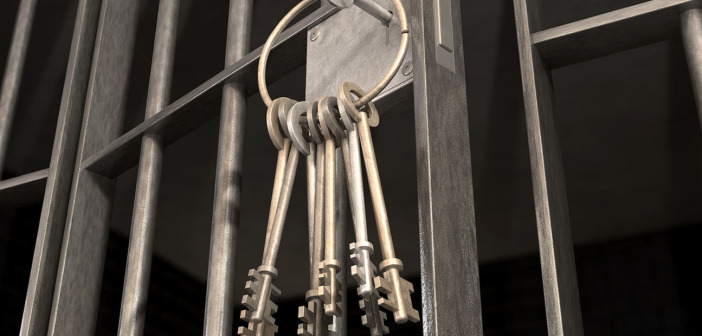Many people are unfamiliar with bail bonds and how they work until they or someone they love has been arrested.
Griffin Bail Bonds Inc states, “A cash bail bond may be defined as the full amount of the bond that is posted by the defendant or on the defendant’s behalf.”
The amount of bail to be posted in cash is required and the money is held by the court until the case is concluded.
If the court decides the defendant is a flight risk or if the court issues an unpaid fines warrant, a court may order cash bonds.
The cash bond is forfeited if the defendant does not appear as ordered and a bench warrant is issued.
Should the defendant put in an appearance for the scheduled time, the cash is returned to the person who posted the bond. A cash bond can be posted by anyone including the defendant.
According to Wikipedia, bail is a form of property that is pledged to the court to influence it to release a suspect from jail.
This is based on the knowledge that the defendant will come back for the trial or forfeit the bail.
Agreeing to bail is common in many countries. In the early days bail law in the United States, for example, was based on English law. And Wikipedia pointed out states that did not offer bail passed their own versions of bail law.
Currently, bail laws vary somewhat in most states as some states have very strict rules. More often than not, the guidelines are made available as a published bail schedule.
The schedule lists every crime identified by state law along with a dollar value of bail for each one.
Separately, in a Huffington Post story by Pennsylvania State Senator Daylin Leach, “whether you are rich or poor is the only thing that determines whether you are free or incarcerated while you await trial.”
He cited a recent study found that 40 percent of people in New Jersey jails and 65 percent of people in Philadelphia, Pennsylvania were not serving a sentence based on a conviction but rather they were allegedly innocent people who were anticipating their day in court but who were unable to pay bail.
Senator Leach pointed out the bail system has become a way to stockpile poor people as they often spend time in jail awaiting their trial than they face as a sentence after the verdict has been passed down.
If you live in an area, such as Illinois, Kentucky, Massachusetts, Maine, Nebraska, Oregon, Wisconsin, Washington, DC private bail bonds are not allowed.
Senator Leach is introducing new legislation to end pretrial confinement for failure to pay bail.
Under the new legislation, while a judge could still set bail, the judge could no longer consent to the defendant paying the bail to be free from jail.
Rather if the defendants missed their court date then they would have to pay their bail.
“The concept of bail is a long-standing part of our criminal justice system,” he wrote.
He also wrote bail is specifically mentioned in the US Constitution and actually originated in ancient Rome, “but it has changed over the years and it no longer works.”
“We can no longer afford the human and financial costs of warehousing people who have only been accused of a crime, simply because they aren’t rich enough to buy their way out of jail.”
Setting bail is a complicated task under the best of circumstances and quite possibly the worst.




